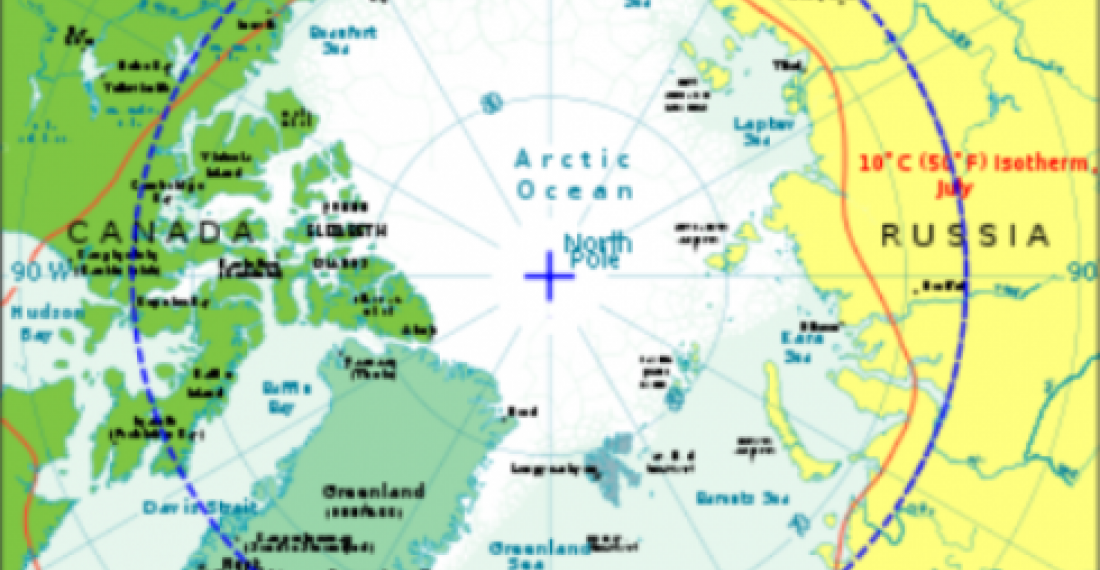Russian President Dmitry Medvedev said at a meeting with workers of the Amurkabel enterprise in Khabarovsk on Friday (11 November) that Russia will protect its interests in the Arctic and will make investments in regional exploration, .
“All decisions to this effect are not just prepared, they are taken,” he noted. “If we do not do it, other countries will act there,” Medvedev pointed out. “The Arctic, a region of the Arctic Ocean, is our neighbouring seas, this is our territory, our expances,” the president remarked. “If we do not invest in this, the countries from other regions will come there,” he warned. Several countries from other regions already stated about their interests in the Arctic, Medvedev noted. “So they are going to come there, and we are not going to,” the president stressed ironically. “We will obligatorily make investments in this research and will protect our interests in the region,” Medvedev underlined.
Relatively few people live north of the Arctic Circle due to the Arctic climate. The three largest communities above the Arctic Circle are situated in Russia: Murmansk (population 325,100), Norilsk (135,000), and Vorkuta (85,000). Tromsø (in Norway) has about 62,000 inhabitants. In contrast, the largest North American community north of the circle, Sisimiut (Greenland), has approximately 5,000 inhabitants, while between Canada and the USA, Barrow, Alaska is the largest settlement with circa 4,000 inhabitants. Rovaniemi (in Finland), which lies slightly south of the line, has a population of approximately 58,000, and is the largest settlement in the immediate vicinity of the Arctic Circle. However a number of countries bordering the region, including Russia, the US and Canada, have in recent years made claims on the economic resources of the region and have indicated that they are ready to pursue them with the support of military forces if necessary.
The Russian President is on his way to Hawaii where he will participate in the summit of the Asia-Pacific Region and have seperate bilateral meeting with US President Barak Obama.
source: commonspace.eu with agencies







